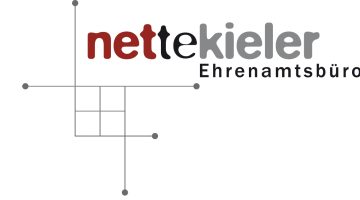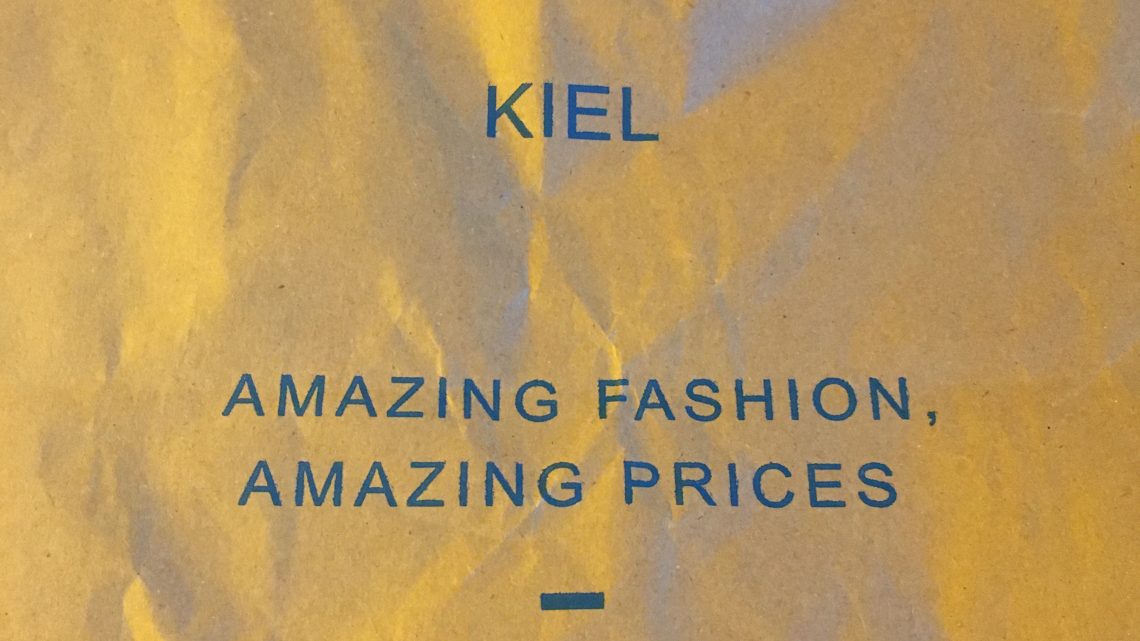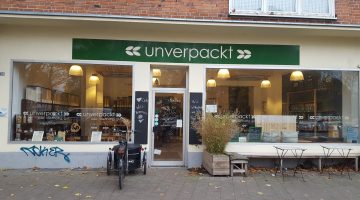As a student, it is tempting to shop in stores that provide fashion on a budget. But is there a consequence and what does Primark actually stand for? This article will clarify some of the ethics behind fast fashion and maybe provide you the knowledge you did not have.
It was a delayed opening of Primark in Kiel on the 6th of November. However, many people attend the opening and the line went almost down to the harbor. It was not a steady and calm opening as expected for the enterprise as environment-activists demonstrated their opinion against the worldwide brand. The demonstration ended up with the participants making a pose in the storefront window, standing in their underwear with different statements written over their bodies. The approach was against fast fashion and this leads to many questions for the consumers. This following text will point out some of the ethics behind Primark and some of the criticism of the brand.
At Greenpeace, they are working on making the world a better place, and they question the process of how fast fashion industry are handling their production. The organization has since 2011 helped the ‘Detox my fashion’ campaign, which is a campaign that brings the message “quality over quantity”. The campaign clarifies many of the problems towards fast fashion, hereby the waste, the mentality the brands provide the customers, the toxic chemicals that are used to produce the clothes and the long transportation of the clothes. The campaign had a huge impact as 15% of the global textile sectors have committed to becoming better.
Greenpeace is still working on better fashion industry. The organization also state that transparency is one of the most important factors, as they want the companies to come clean about the wages, workplace safety, environmental policy, use of polyester, etc.
The organization also brings good advice to the consumer: Repair the clothes you have instead of buying new ones. Share and swap clothes with your friends. Visit second-hand stores.
In 2014 Primark joined the Detox my fashion campaign in collaboration with Greenpeace, the two are now working closely together in order to reduce chemicals. The company state that they are working in progress but that there still are more to achieve. Primark does not own any factories but instead uses the ones that other well-known brands also use, and they set up criteria when picking a factory. As they described it on their website: To make it onto Primark’s approved factory list, each factory is vetted to internationally recognized standards set out in the Primark Code of Conduct. The Code covers areas such as pay, employment policies, and health and safety.
Campaigns like Detox my fashion had a positive impact on the biggest fast fashion brands, and their way of communicating the actual facts. People have become more aware of the issues regarding the industries and by making the consumer aware of the problems, they start to rethink how they spend their money.
This is all very fine, but how is it possible to keep the prices low then? Well, Primark is one of the few that spend little on advertisement. They chose the cheap hangers and labels, and the clothes are packed at the supplier in order to go directly from factories to stores. Through the whole chain, the enterprise keeps the pricing as low as possible.
Fast fashion is a very discussed topic and you need to stay critical towards the brands you choose to support. There are of course many other reasons to consider besides the facts in this article. However, it is always a good idea to read the store’s ethics in order to see if these match up with your opinion. Secondly, it is also a great idea to follow Greenpeace and other organizations to follow up on their work.
![FHews – [ fju:s]](http://fhews.de/wp-content/uploads/2015/05/fhews_logo2_3B8ACC.jpg)












No Comment